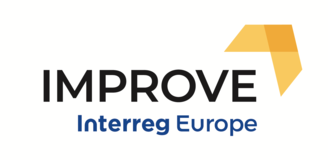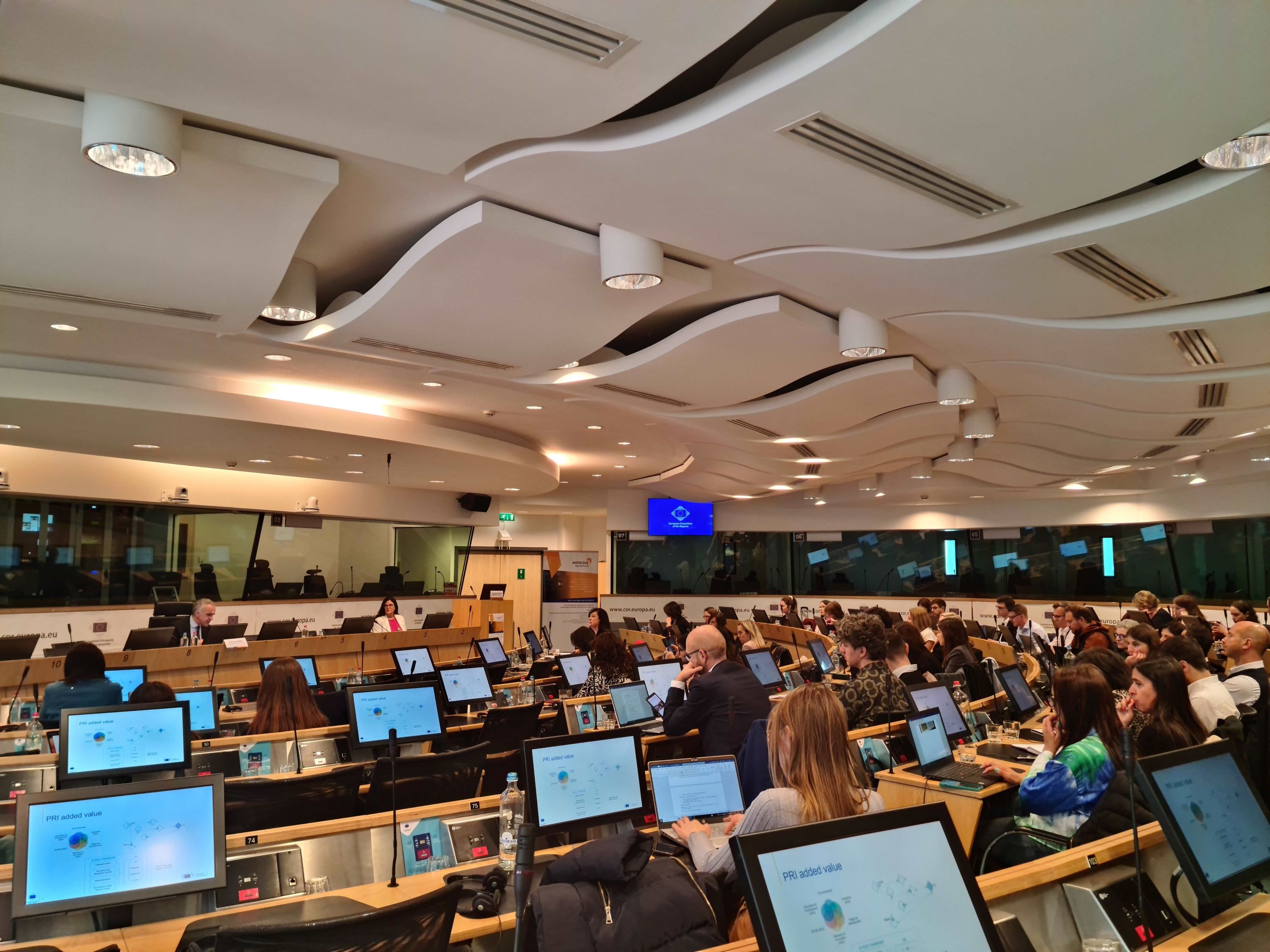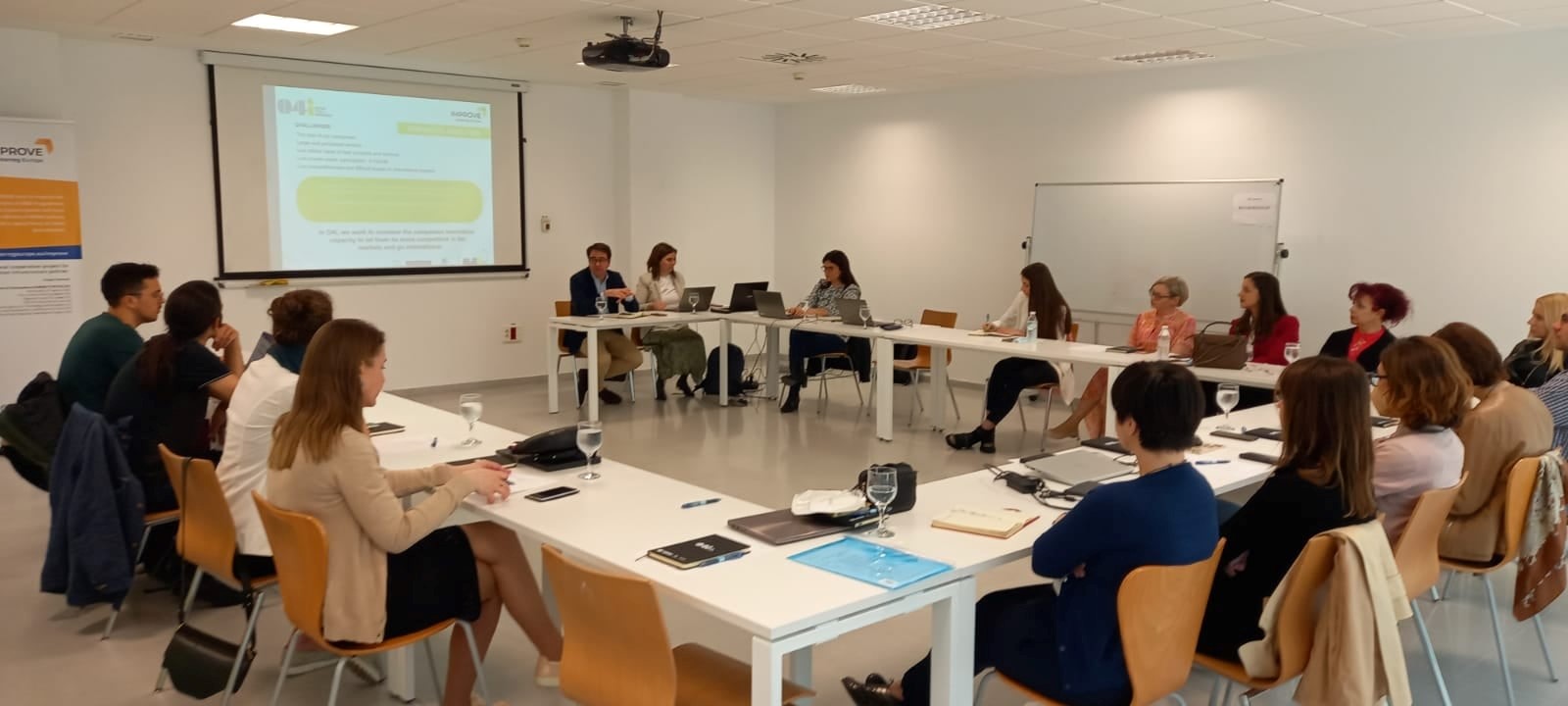FUNDECYT-PCTEx analysed together with the IMPROVE project partners on how to improve the effectiveness of the implementation of Structural Funds related to R&D&
Last 9th and 10th February, in the framework of the IMPROVE project, the Extremadura Peer Review was held in which there were three sessions about different topics. In this meeting, the General Secretary of Science, Technology, Innovation and University of the Government of Extremadura, Jesús Alonso, welcomed the partners and said that "this type of project allows us to know other European realities, learn from them, and develop a roadmap that allows greater effectiveness of policies and programmes that support research, technological development and innovation from the regions".
Lessons learned from the previous EU budget programming period from 2014 to 2020, and the accomplishment of the European policy objectives until 2027 related to a smarter Europe from an innovative and sustainable economic transformation, were some of the topics that were addressed in the sessions held.
In the Extremadura Peer Review were presented some regional proposals, such as the Office for Innovation as a good practice in the implementation of R&D support policies, or other initiatives that are developed in synergy with the Extremadura Smart Specialisation Strategy, such as the High Technology Incubator in Bioeconomy and Circular Economy of Extremadura. The Innovation and Talent Programme was also presented, which is an innovative proposal for retaining talent in the region. And finally, the Extremadura RIS3 Monitoring tool was presented, developed by the RIS3 Technical Office in order to have strategic information that allows better decision-making in terms of public R&D&I policies.
In the last session, the project partners carried out a brainstorming exercise in order to gather relevant information to improve the three key challenges identified by FUNDECYT-PCTEX as areas of improvement for its Policy Instrument: how to guarantee the alignment of the ROP with the regional needs for a better design and implementation of instruments; how to improve the monitoring and evaluation of the ROP in synergy with the RIS3 Evaluation system; and how to strengthen the governance of the ROP and the RIS3 in order to guarantee a common understanding.
The contributions made by the partners, as well as the Peer review report elaborated by DEV'UP, will be an important source of inspiration for the development of the Extremadura Action Plan within the IMPROVE project.












